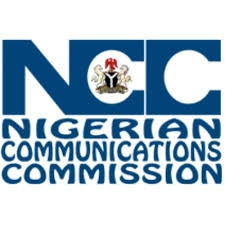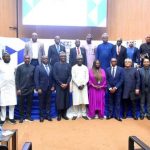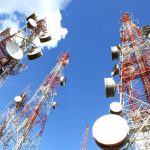The latest industry data from the Nigerian Communications Commission (NCC) shows that the number of internet subscribers in Nigeria has grown to 140 million as of August 2025, up from 138 million recorded in July 2025.
According to the report, broadband penetration also rose to 48.8 per cent in August, compared to 48 per cent in July, reflecting steady progress toward Nigeria’s ambitious target of 70 per cent broadband coverage by December 2025.
Mobile internet users continued to dominate the country’s connectivity landscape, accounting for 139 million of the total internet subscriptions. They were followed by subscribers using wired and wireless Internet Service Providers (ISPs) with 289,369 users, Voice over Internet Protocol (VoIP) services with 220,054 users, and fixed wired internet services with just 29,490 subscribers.
The NCC report traced monthly fluctuations across different access categories from March to August 2025, showing slight dips and recoveries but an overall upward trend in internet usage and broadband adoption. As of March 2025, broadband penetration stood at 47.73 per cent, representing 103.4 million subscriptions.
The figure climbed to 48.15 per cent in April and further to 48.81 per cent in May before experiencing a brief decline to 48.01 per cent in July. By August, broadband penetration had regained momentum, rising again to 48.81 per cent, supported by over 105 million active broadband subscriptions.
Analysts believe the steady increase in connectivity reflects expanding network investments, improved infrastructure rollout, and growing smartphone adoption across urban and rural areas. They also highlight that government policies encouraging digital inclusion and private sector participation have contributed to the gradual rise in broadband access.
Despite the positive trend, experts warn that achieving the 70 per cent broadband penetration target by December 2025 will require intensified efforts in rural network expansion, affordability of data services, and last-mile connectivity improvements.
Nonetheless, the current momentum offers optimism. With consistent growth in mobile and broadband usage, Nigeria is positioning itself to bridge its digital divide, enhance e-commerce participation, and strengthen its digital economy by the end of 2025.









